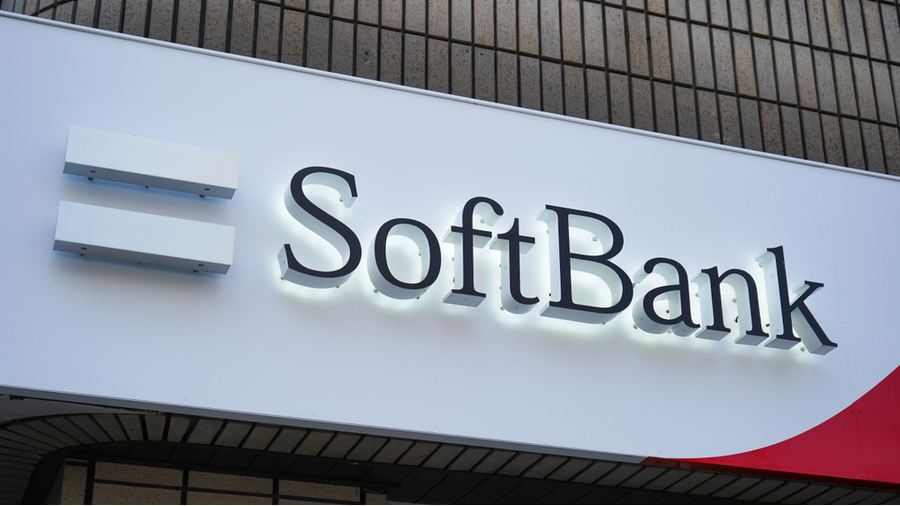SoftBank on Monday said four of its directors, including Vision Fund head Rajeev Misra, will leave its board to ensure better corporate governance.
Besides Misra, chief operating officer of SoftBank Marcelo Claure, chief strategy officer Katsunori Sago and Yasir O. Al-Rumayyan, the representative of Saudi Arabia’s Public Investment Fund, will leave the board, according to reports.
“More external directors mean better governance,” SoftBank founder Masayoshi Son said.
He said the exercise was meant to separate management from its operations.
The board will be reduced to nine members with the changes.
According to Son, the company thought about making the board changes in June, but they weren’t ready.
The company also did not want to wait until the next annual shareholders meeting next June.
“The changes to our board build upon the enhancements we made in June, including ensuring we have a greater proportion of external board directors, and further highlight SoftBank’s commitment to corporate governance,” Son said in a statement.
Meanwhile, SoftBank Group on Monday reported $6.1 billion in quarterly profit as a broad upswing in tech valuations brought its mammoth Vision Fund back into positive territory.
The Vision Fund recovery is likely to be welcome news for investors unnerved by some of SoftBank’s recent stumbles, even as overall earnings were tainted by a $1.3 billion-hit from bets on technology stocks and derivatives.
“I’m not that hung up on the numbers,” Son said of the group’s earnings at a briefing on Monday, reiterating the company’s view that net asset value, not earnings, are the primary measure by which SoftBank should be judged considering its shift away from running businesses to tech investing.
SoftBank reported a net income attributable to shareholders of 627 billion yen ($6.1 billion) for the three months through September, versus a loss of 700 billion yen in the same period a year earlier.
It booked a gain of 1.04 trillion yen in the quarter from investments via its two Vision Funds, though much of that typically reflected unrealised profit from portfolio companies. The figure compared with a loss of 944 billion yen a year earlier.











